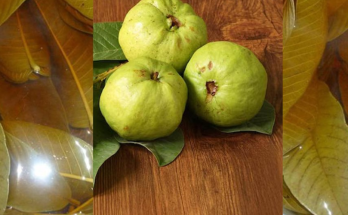Step 1: Choose the Right Sweet Potato Varieties
Start by selecting sweet potato varieties that are well-suited to your climate. Some varieties are designed for shorter growing seasons, while others thrive in longer, warmer seasons.
Step 2: Use Quality Slips
Sweet potatoes are grown from slips, which are sprouts grown from mature sweet potatoes. Ensure these slips are healthy and disease-free for the best start.
Step 3: Ensure Sufficient Sunlight
Sweet potatoes love sunlight. Plant them in a location that gets full sun for at least 6-8 hours per day to encourage robust growth.
Step 4: Prepare Well-Draining Soil
Sweet potatoes prefer well-draining, fertile soil. Work in plenty of compost to ensure the soil is nutrient-rich and has good drainage.
Step 5: Water Wisely
Consistent watering is key, especially in the early stages of growth. Water the plants deeply, and try to keep the soil consistently moist.
Step 6: Regular Fertilization
While sweet potatoes aren’t heavy feeders, a balanced approach to fertilization is necessary. Use a low-nitrogen, high-potassium fertilizer to encourage root development.
Step 7: Space and Weed Control
Give your sweet potatoes plenty of space to grow. Weeding is important, as weeds compete with your sweet potatoes for nutrients and water.
Step 8: Compost Tea Top Dressing
Now, let’s focus on our unique top dressing method using compost tea. This natural fertilizer is great for sweet potatoes. Here’s how to make and apply it:
Ingredients:
- Your homemade compost
- Water
Procedure:
- Fill a burlap sack or similar breathable bag with compost.
- Immerse the bag in a large bucket of water, and let it steep for a few days to a week, stirring occasionally.
- Remove the bag, and your compost tea is ready.
Application:
- Dilute the compost tea with water until it looks like weak tea (usually a 10:1 ratio of water to compost tea).
- Use this to water your sweet potatoes, focusing on the root area.
- Apply every 2-4 weeks during the growing season.
Step 9: Pest and Disease Management
Keep an eye out for common pests and diseases. Early detection and natural control methods are key to managing them.
Step 10: Harvest Time
Sweet potatoes are typically ready to harvest when the leaves start to yellow. Gently dig around the plants to check the size of the potatoes.
By following these steps, especially incorporating the compost tea top dressing, you’re well on your way to growing sweet potatoes quickly and enjoying a plentiful harvest. With a bit of patience and care, your garden will be a sweet potato haven in no time. Happy gardening!



